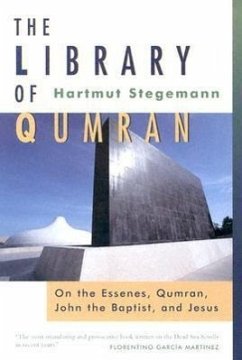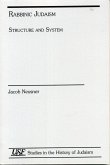Northwest of the Dead Sea, twelve kilometers to the south of Jericho and thirty-two kilometers north of the En-gedi Oasis, lie the ruins of a community long known to the Bedouins as 'Khirbet Qumran'. The nearly 900 original manuscript fragments found in caves near the site between 1947 and 1956 have fundamentally altered our view of ancient Judaism. The incredible discoveries at Qumran are unveiled in this compelling volume by one of the world's foremost experts on biblical archaeology and the ancient Qumran community. Drawing on the best of current research and a thorough knowledge of all the Dead Sea Scrolls, Hartmut Stegemann deciphers the meaning of the historical facts regarding the Qumran community and answers in an understandable and exciting way many of the questions that have provoked sensational speculation in the press since the discovery of the Dead Sea Scrolls. Stegemann analyzes the purpose of the Qumran settlement itself and paints a picture of how daily life was carried on there. He probes similarities and differences between Essene baptism, commemorative meals, and eschatology and their early Christian counterparts. He also explores the relation of the Qumran community to John the Baptist, to Jesus, and to early Christianity, and uncovers the true nature of the Qumran writings, which continue to have a profound impact on biblical studies today.
Bitte wählen Sie Ihr Anliegen aus.
Rechnungen
Retourenschein anfordern
Bestellstatus
Storno


